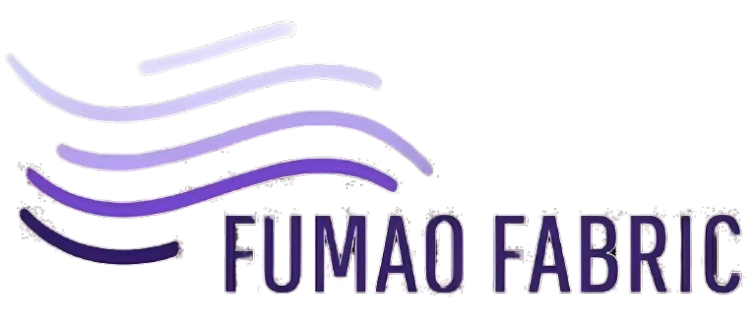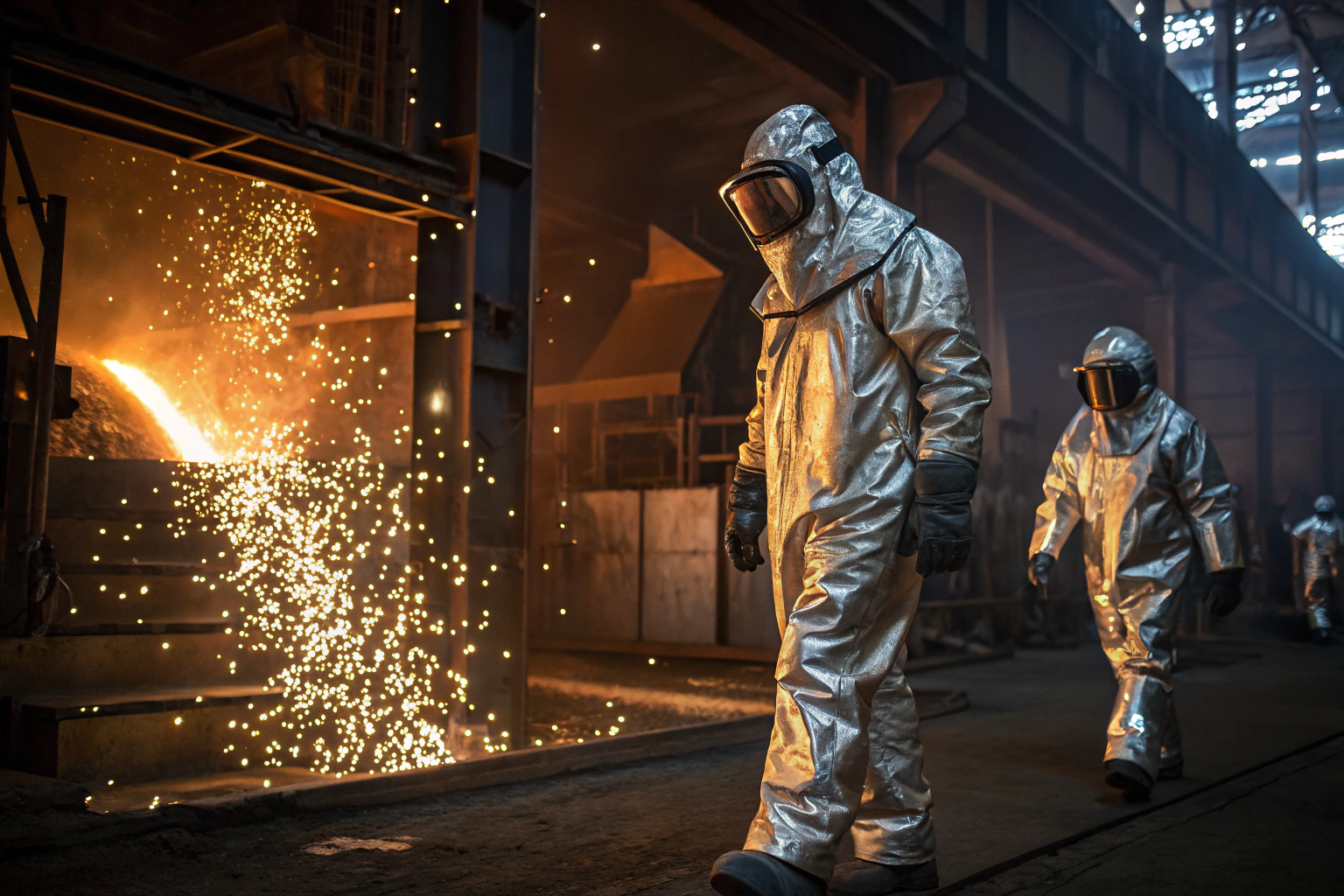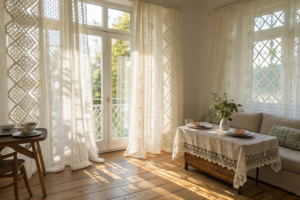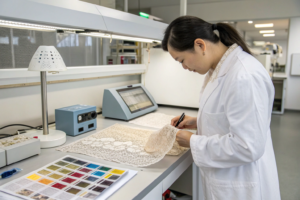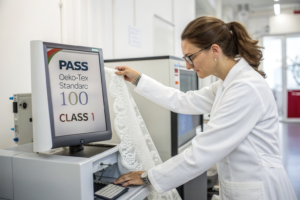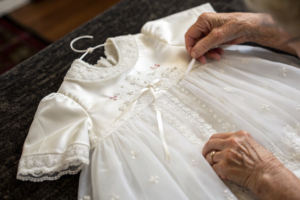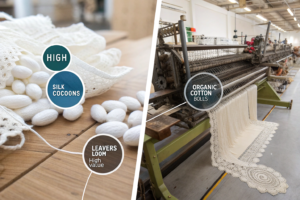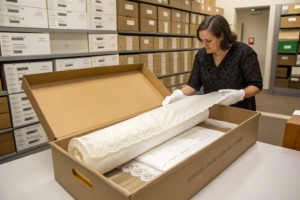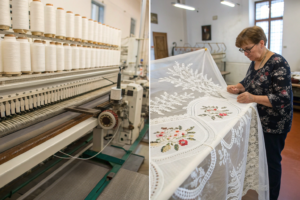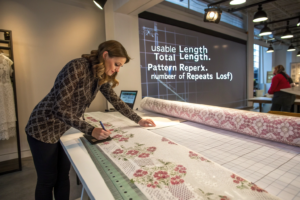In the aluminum industry, every worker faces the daily risk of exposure to molten metal splashes, radiant heat, and sudden fire hazards. These risks can cause devastating injuries when personal protective equipment (PPE) is not up to international safety standards. Many buyers and plant managers wonder which standard ensures reliable flame-resistant (FR) clothing for such high-risk environments. That is where EN 11612 certification becomes a decisive factor.
EN 11612 certification is the gold standard for FR protective clothing used in the aluminum industry because it guarantees resistance against heat, flames, and molten metal splashes, ensuring workers stay safe under extreme conditions. This certification confirms that garments are tested rigorously for thermal resistance, heat transfer, and molten metal repellency, making it a critical benchmark for safety compliance and trust.
While companies often focus on price or comfort when sourcing FR gear, overlooking certification can be a costly mistake. Let me break down why EN 11612 matters so much, especially for the aluminum sector.
What Does EN 11612 Certification Mean?
EN 11612 is a European standard that specifies performance requirements for protective clothing designed to shield workers against heat and flame. For industries like aluminum production, the standard ensures that FR clothing protects against sudden thermal risks while maintaining durability in harsh industrial environments.
EN 11612 certification assures buyers that garments have passed strict lab tests measuring flame spread, heat transfer, radiant heat, convective heat, and resistance to molten metal splashes. It is not just a label—it is proof that the clothing performs under real-world threats.

What are the core test requirements under EN 11612?
EN 11612 includes multiple test codes such as A1/A2 (flame spread), B (convective heat), C (radiant heat), D/E (molten metal splash), and F (contact heat). Each garment must meet or exceed safety benchmarks to be certified.
European Committee for Standardization sets these benchmarks, and global buyers rely on them to compare products fairly. In the aluminum industry, D and E codes (molten aluminum and iron splash resistance) are especially critical.
How does EN 11612 compare to other FR standards?
Unlike general FR ratings like NFPA 2112 for flash fire or ASTM F1506 for electric arc, EN 11612 is uniquely structured for multiple heat exposures, making it highly versatile for heavy industries including smelting, casting, and refining.
Why Is EN 11612 Important for Aluminum Production Safety?
Aluminum smelting and casting involve extreme temperatures, with molten metal exceeding 660°C. Workers face hazards not just from flames but also from radiant heat and metal splash.
EN 11612-certified FR gear is engineered to protect against exactly these conditions, reducing the risk of burns and ensuring compliance with international safety laws.
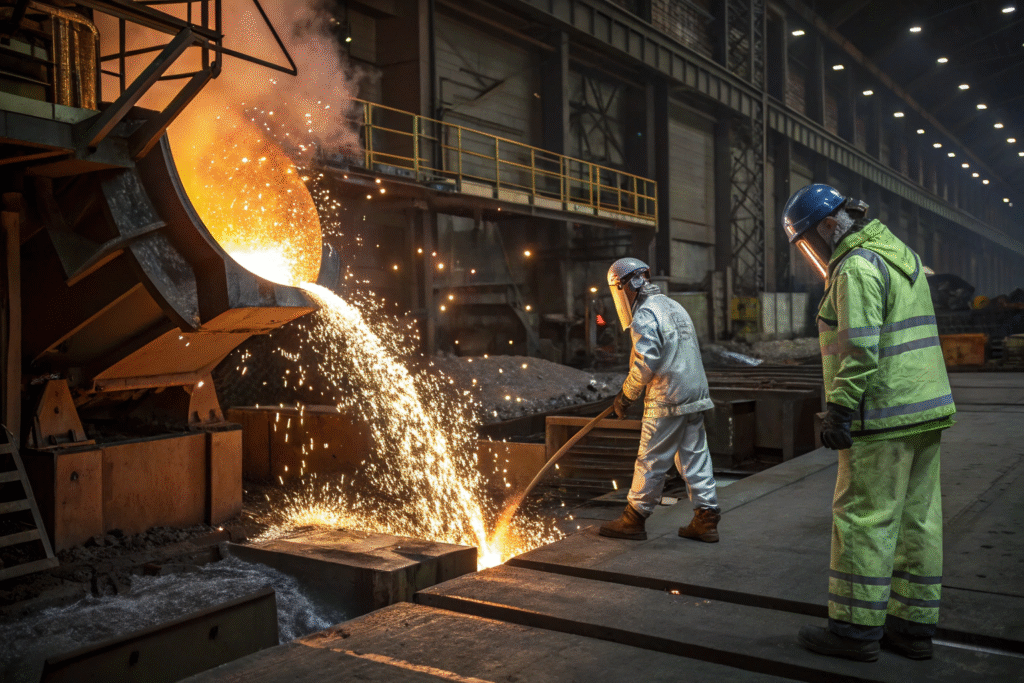
What makes molten aluminum splashes so dangerous?
Unlike sparks from welding, molten aluminum sticks to fabric surfaces, prolonging the burn risk. Non-certified FR fabrics may ignite or degrade, causing severe injury. Certified EN 11612 gear undergoes splash resistance tests simulating real aluminum exposure.
The Occupational Safety and Health Administration (OSHA) emphasizes the importance of FR clothing in aluminum operations, highlighting molten splash as a critical hazard. EN 11612 compliance ensures employers meet or exceed such safety expectations.
How does certification impact insurance and liability?
Insurance companies and regulators often require proof of certified PPE. Using non-certified gear exposes companies to legal liability, worker compensation claims, and reputational loss. EN 11612 provides the documentation buyers need to prove due diligence.
How to Identify Reliable EN 11612 FR Clothing?
Not all FR clothing marketed as “flame resistant” is genuinely certified. Buyers in the aluminum industry must check for compliance labels, certification reports, and supplier credibility.
Authentic EN 11612 FR clothing includes permanent labeling with test codes (A1, B1, C1, D3, etc.), certification number, and manufacturer details. If these details are missing, the product likely does not meet the standard.

What should buyers check before purchasing FR gear?
Buyers should ask suppliers for test reports from accredited labs such as SGS or Intertek. Labels must clearly state EN 11612 with specific performance ratings. Fumao Fabric, for example, integrates QR-code tracking on every batch to provide transparency on heat and splash resistance data.
How do suppliers misuse “FR” claims?
Some vendors only apply chemical finishes to standard fabrics and market them as FR. These finishes can wash off, leaving workers unprotected. EN 11612 requires proven fabric performance even after laundering, ensuring long-term safety.
Why Partner With Certified FR Gear Suppliers?
Choosing the right supplier goes beyond buying protective gear—it is about securing long-term safety and trust. Partnering with certified suppliers ensures consistent compliance, efficient logistics, and professional after-sales support.
Fumao Fabric delivers EN 11612-certified FR textiles designed for aluminum industry demands, backed by CNAS testing and international certifications. Our global clients rely on us not just for fabrics, but for complete solutions from weaving to shipping.
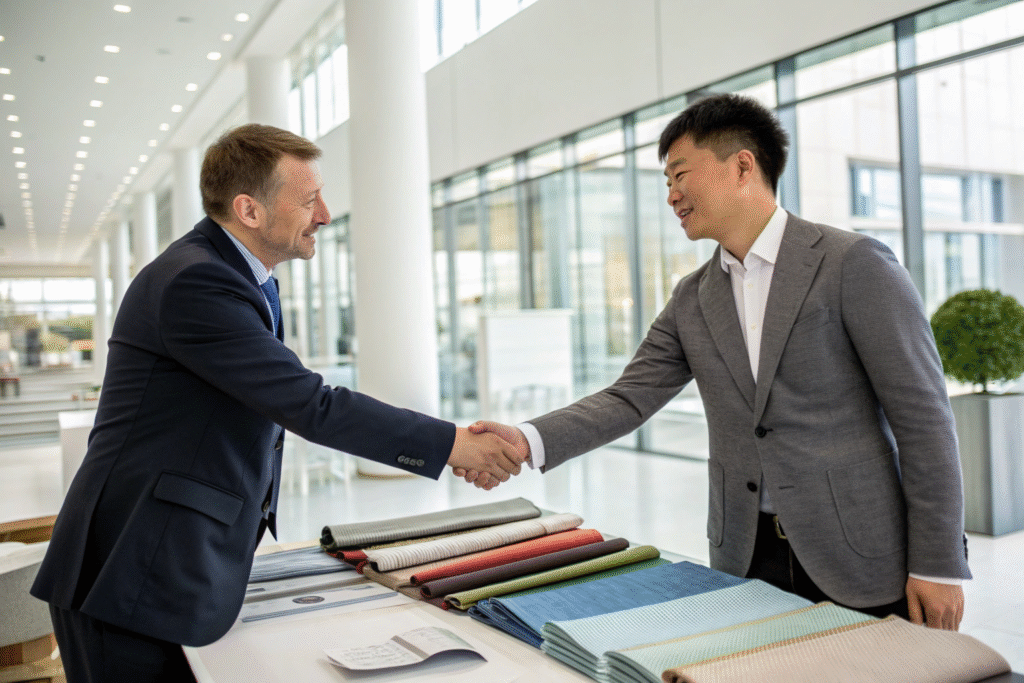
What advantages do certified suppliers offer?
Certified suppliers guarantee full traceability of fabrics, provide customized solutions for specific plant risks, and reduce lead times. They also support clients with compliance paperwork for audits and inspections.
Partnerships with reliable textile suppliers like OEKO-TEX® certified mills add another layer of sustainability and eco-compliance. Fumao Fabric aligns safety with sustainability by investing ¥550M in green textile innovations.
How does supplier expertise reduce buyer risks?
Experienced suppliers not only deliver compliant fabrics but also offer design recommendations, lab dips, and technical packs that align with global brand requirements. This ensures buyers get both safety and fashion flexibility.
Conclusion
EN 11612 certification is not just a technical standard—it is the backbone of safety in the aluminum industry. It assures workers and buyers that protective clothing has been tested against the most severe heat and molten splash hazards. From compliance with international regulations to safeguarding lives on the shop floor, EN 11612 is the certification that keeps operations running securely and sustainably.
If you are looking to source EN 11612-certified fabrics or protective gear solutions for aluminum operations, our team at Shanghai Fumao is here to help. You can contact our Business Director, Elaine, at elaine@fumaoclothing.com to discuss your fabric requirements and co-develop protective gear tailored for your business.
